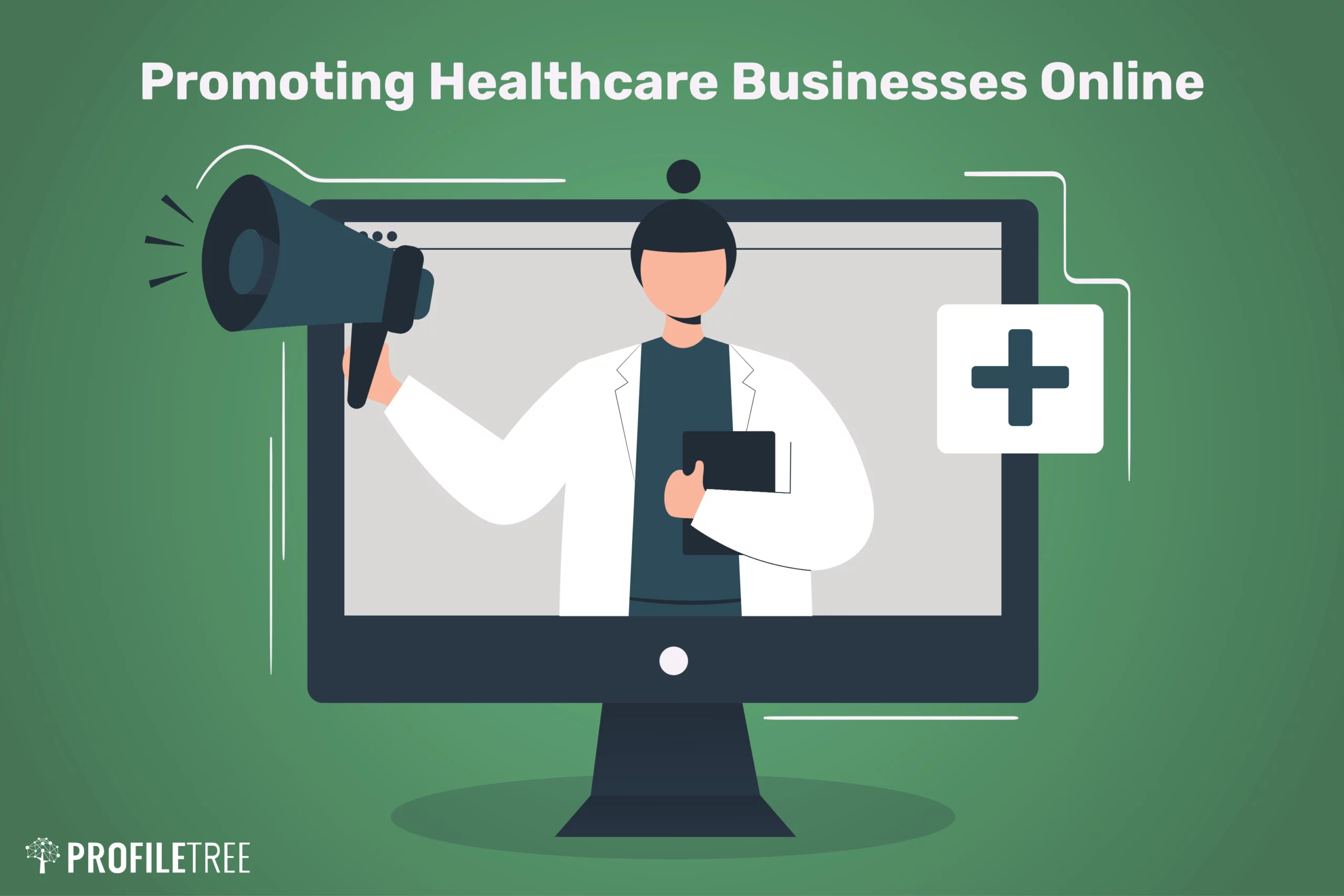Exploring the Development of Subscription Based Healthcare in the Digital Age
Exploring the Development of Subscription Based Healthcare in the Digital Age
Blog Article
Browsing the Future of Medicine With Subscription-Based Medical Care Solutions
As the healthcare sector progresses, subscription-based services emerge as a critical design promising to improve client treatment distribution. With the possible to provide structured, cost-effective remedies via foreseeable rates and tailored interest, these solutions stand at the center of contemporary clinical technology. Yet, as we consider their rise, one should ponder the ramifications of incorporating such systems right into existing healthcare frameworks. What obstacles do they pose in terms of data protection and equitable accessibility, and just how might they redefine the patient-provider partnership? The solution to these inquiries might fundamentally change our technique to medical care.
Surge of Membership Healthcare
As medical care systems around the globe face increasing pressures from rising expenses and need for solutions, the development of subscription-based health care models has actually become a transformative trend. This cutting-edge strategy is interrupting conventional medical care delivery by using a predictable, flat-rate settlement structure for clinical solutions. Rooted in the principles of attendant medicine, subscription-based medical care permits suppliers to concentrate on individualized person care while concurrently taking care of operational effectiveness.
The increase of this version can be credited to numerous factors. Technological innovations have enabled extra seamless combination of care with telehealth and electronic wellness records, facilitating the scalability of membership solutions. Furthermore, the boosting customer need for transparency and predictability in healthcare costs has actually driven the shift in the direction of this design. Subscription-based solutions typically supply straight access to health care professionals, which can minimize the administrative concerns associated with insurance coverage claims and reimbursements (subscription based healthcare).
This version is obtaining grip amongst diverse medical care providers, from health care physicians to specialized centers, by lining up monetary rewards with precautionary and constant care. By moving the focus from quantity to value-based care, membership health care has the prospective to reshape the landscape, cultivating an extra patient-centered and sustainable technique to health and wellness administration.
Advantages for Individuals

Additionally, subscription-based services commonly emphasize precautionary care, urging regular exams and health and wellness screenings. This proactive technique can bring about very early discovery of health and wellness issues, potentially boosting outcomes and lowering long-lasting health care costs for patients. Such designs commonly offer clear rates, allowing people to much better comprehend their healthcare expenditures and prevent unexpected medical expenses.
The customized nature of subscription-based medical care likewise enhances person experience. Patients can get customized healthcare strategies that suit their details requirements, cultivating a more patient-centric method.
Modern technology's Function in Change

Artificial intelligence (AI) plays an essential duty in anticipating analytics, aiding in very early diagnosis and customized treatment strategies. AI algorithms assess large datasets to identify patterns that could be ignored by human observation, hence improving clinical decision-making. Furthermore, electronic wellness records (EHRs) enhance person info management, guaranteeing continuity and coherence of treatment across numerous services and carriers.
Blockchain innovation improves data safety and personal privacy, crucial for maintaining client rely on digital systems. It enables clear and secure transactions of clinical information, making sure that sensitive details remains protected. With the assimilation of maker learning and AI, blockchain can automate complex healthcare procedures, reducing administrative worries.
Considerations and difficulties
While modern technology pushes the capacities of subscription-based healthcare services, it likewise presents a collection of obstacles and factors to consider that must be resolved to make sure successful implementation. One considerable challenge is the equitable accessibility of these solutions.
Information personal privacy and safety represent one more essential consideration. Subscription-based solutions usually require the collection and storage of large amounts of individual health and wellness information. Suppliers must stick to rigid information protection guidelines to maintain individual count on and avoid unapproved accessibility, which can cause substantial moral and lawful repercussions.
In addition, the sustainability of membership models poses an obstacle. As healthcare requires develop, keeping an affordable balance in between membership charges and service high quality is vital to stop client frustration and attrition. Additionally, incorporating these solutions within conventional medical care systems needs smooth interoperability between systems, which is frequently a complicated and resource-intensive venture. Resolving these challenges is necessary as subscription-based medical care services continue to broaden and advance.
Future Ramifications for Medication
Subscription-based health care solutions are positioned to considerably influence the future landscape of medicine by improving exactly how care is accessed and provided. These models supply the prospective to equalize medical care access, providing clients with more personalized and timely interventions. By leveraging modern technology, such as telemedicine and data analytics, registration services can facilitate constant tracking and tailored wellness monitoring, therefore enhancing outcomes and minimizing the concern on typical health care systems.
As these solutions gain grip, they might stimulate a shift towards preventative treatment, emphasizing the importance of article very early discovery and monitoring of chronic conditions. This aggressive method might ultimately lower health care expenses by alleviating the requirement for costly therapies occurring from late-stage condition administration. Membership models provide a scalable service to attend to disparities in medical care accessibility, especially in underserved or rural populaces.
However, the change in the direction of subscription-based designs necessitates attending to governing and click to investigate ethical factors to consider, including data privacy and equitable gain access to. As the sector advances, joint efforts between policymakers, innovation developers, and medical care suppliers will certainly be crucial to establishing robust frameworks that protect client interests while promoting advancement. Eventually, these solutions promise to contribute dramatically to a more efficient, patient-centered medical care ecosystem.

Final Thought
Subscription-based medical care solutions stand for a substantial evolution in the medical area, using foreseeable costs and individualized care that improve ease of access and prioritize preventative steps. Technological developments, such as telemedicine and AI-driven analytics, assist in tailored patient experiences, enhancing general health results. Difficulties such as data personal privacy and fair gain access to have to be addressed to make sure the prevalent advantages of these solutions. As the health care landscape advances, subscription models are positioned to play a crucial function fit the future of medication.
As the health care sector evolves, subscription-based services arise as a critical model guaranteeing to reshape individual treatment shipment.As health care systems around the globe face enhancing pressures from rising prices and demand for services, the advent of subscription-based healthcare models has actually arised as a transformative pattern (subscription based healthcare).With the increase of subscription-based health care models reshaping conventional health care shipment, clients are starting to experience considerable advantages from this innovative method. As medical care requires progress, maintaining an affordable balance in between subscription charges and solution quality is vital to avoid patient dissatisfaction and attrition.Subscription-based medical care solutions are poised to dramatically influence the future landscape of medicine by look at more info improving exactly how care is accessed and provided
Report this page